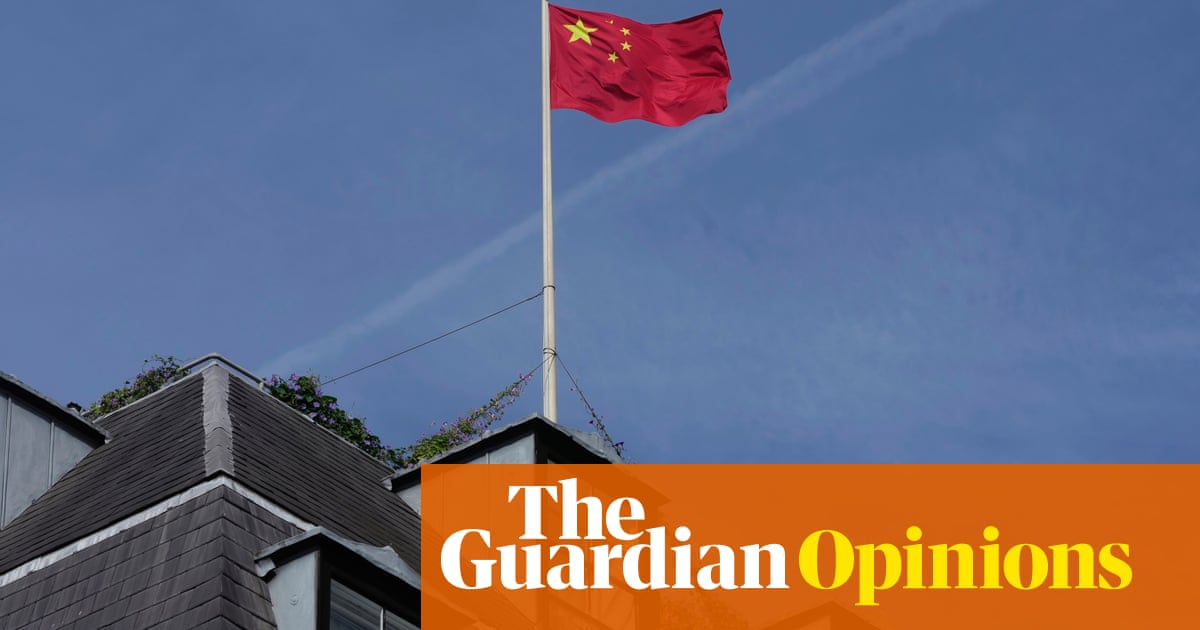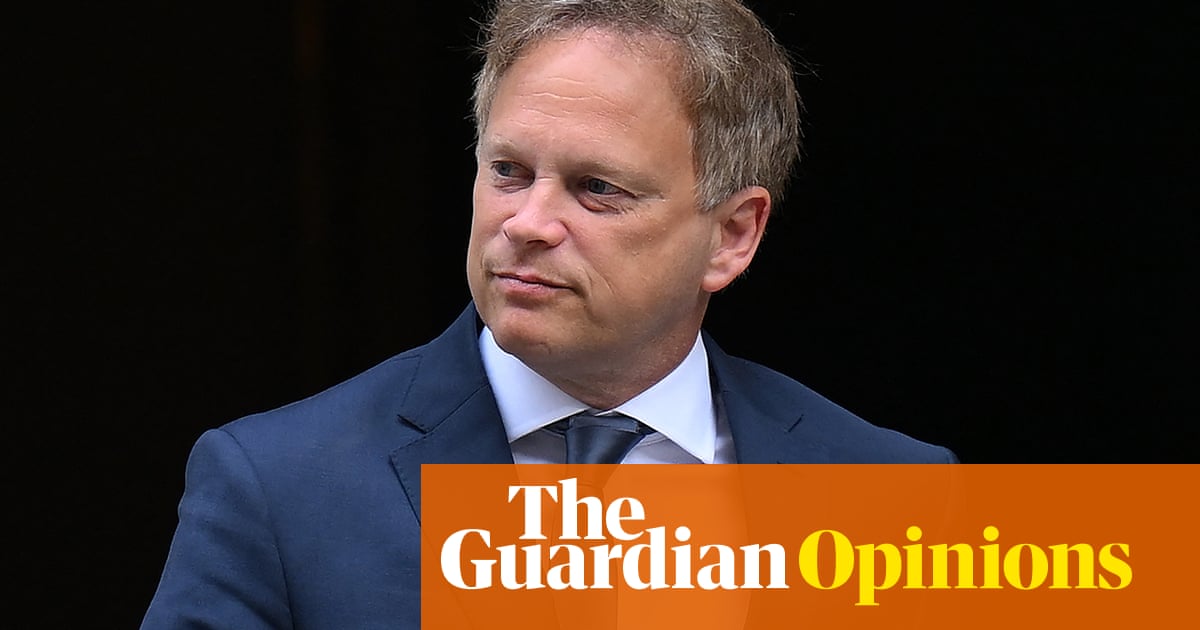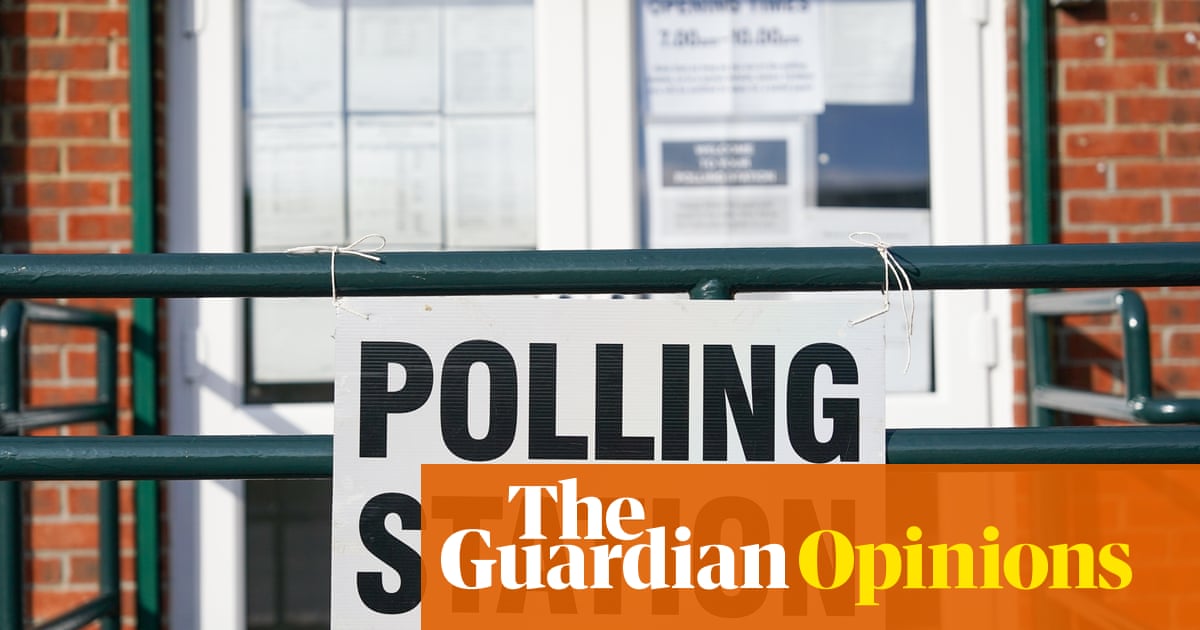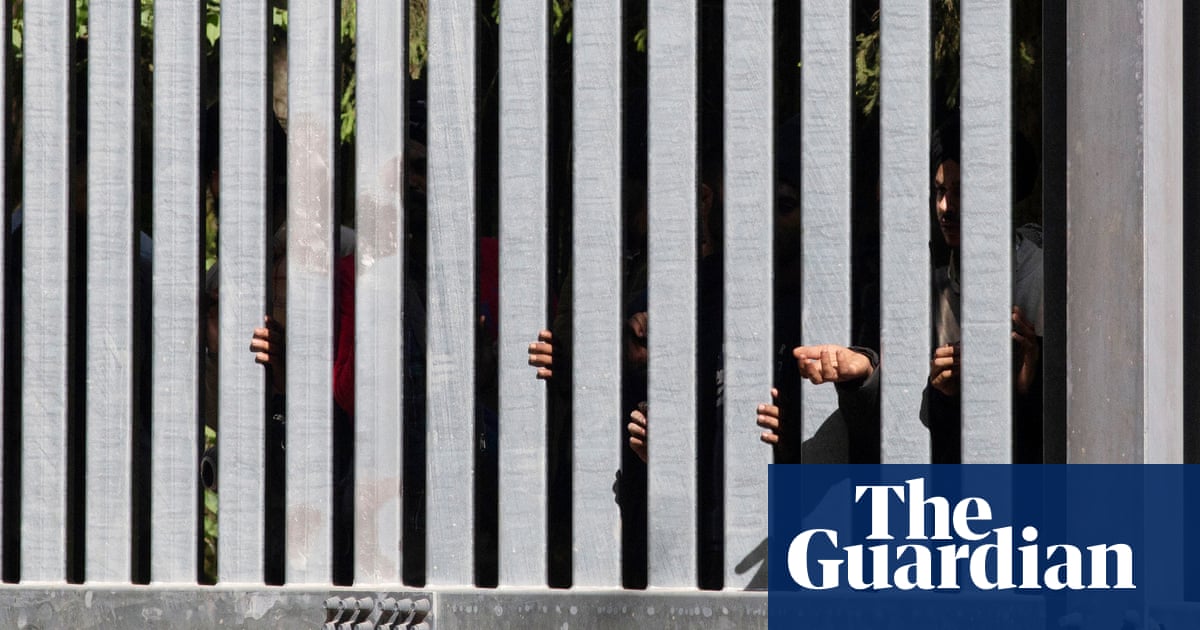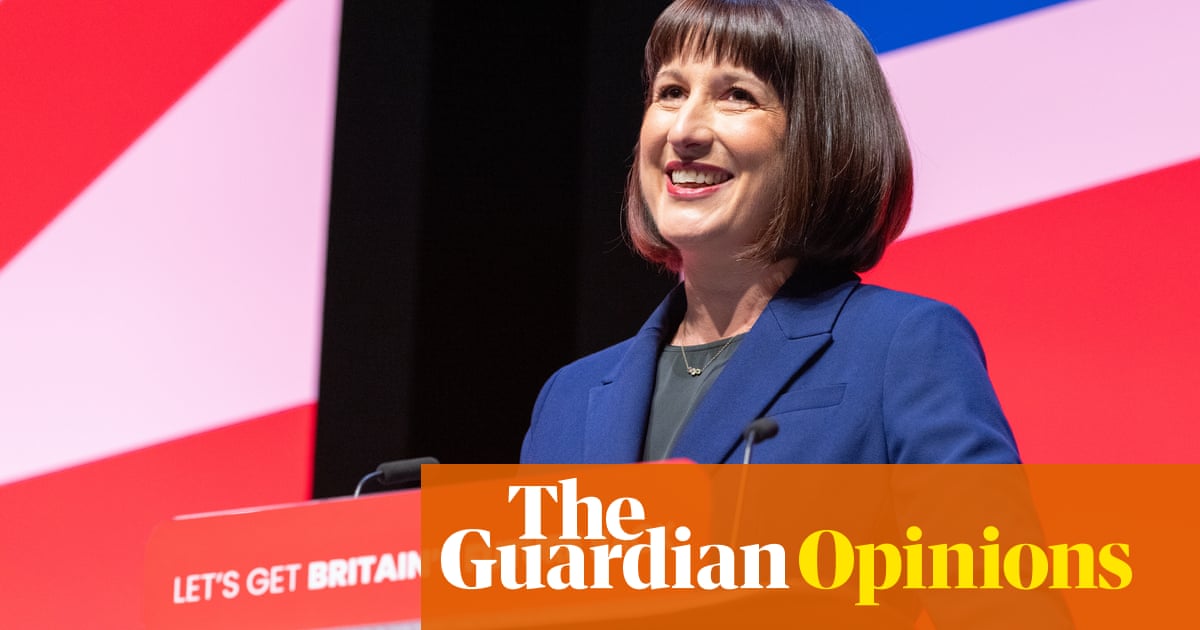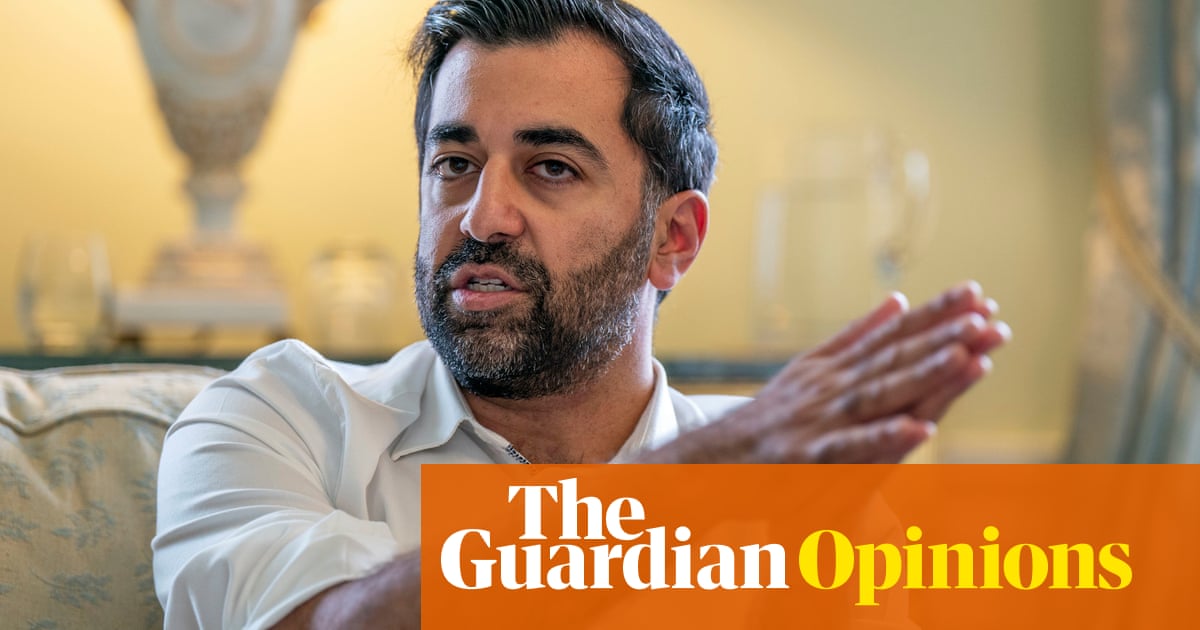
ven when our ability to spend and socialise has been curtailed in drastic ways, wealth and deprivation make themselves felt as potently as ever. Just as physical isolation is easier for those with warm, dry houses and spacious gardens than for those in cramped and run-down flats or hostels, so those with speedy broadband packages are now living more comfortably than those who rely on pay-as-you-go smartphones. The first group can shop online for groceries, work from home, video chat with ageing parents or take part in online classes. The second group may struggle. A few in the UK are not online at all.
The pandemic is underscoring the fact that internet access is no longer a luxury, but a necessity to participate in society fully. More than half the world’s population is now online. But access varies hugely according to the development level of countries, the wealth and education of individuals, and gender: fewer women than men use the internet. In some places, the ability to use a crucial source of information may be a matter of life and death right now (even if not all the information is reliable). Millions of people are actively denied access; Human Rights Watch has urged governments that have imposed shutdowns – such as Bangladesh and Myanmar – to lift them, warning that they could prove deadly given coronavirus’s spread.
In the UK, more than 90% of households have internet access of some kind, and those that don’t are generally distinguished by age or remote location rather than finances or gender. But “meaningful connectivity is about more than just access to the web ... to get the internet’s full benefits, people need regular access to a suitable device and enough data at sufficient speeds,” notes Tim Berners-Lee’s World Wide Web Foundation, which campaigns to increase access. The Office for National Statistics notes that a lack of digital skills can also be a significant barrier. Philip Alston, the UN special rapporteur on extreme poverty and human rights, has warned of the perils of expanding reliance on digital technologies while many still lack good access. Universal credit is the first major service to become “digital by default”, with the application and most communications online – yet a minority of those on low incomes use broadband at home. With claims surging due to the lockdown, officials have been calling applicants to speed up matters.
The pandemic is a powerful reminder of the impact of the digital divide. It is building the case for treating internet access as a public utility: an essential service that needs to be properly regulated and buttressed by the state. In the UK, the government and major telecoms firms have agreed to remove data allowance caps on broadband services, avoid cutting off people who can’t pay bills and offer generous new mobile and landline packages, with more data at low prices or free calls. In the US, some providers have agreed to maintain service to those who fall behind on payments, while companies from Belgium to South Africa have upped data limits.
The World Wide Web Foundation has made other sensible recommendations, including zero-rating websites for official health organisations and other essential government services, so that they don’t draw from users’ data plans – ensuring access to the most important, and reliable, information. These are all good and positive steps. But they address a problem that has been highlighted and exacerbated by this crisis, not created by it. When the threat posed by coronavirus has ebbed, the digital divide will still need to be closed.




